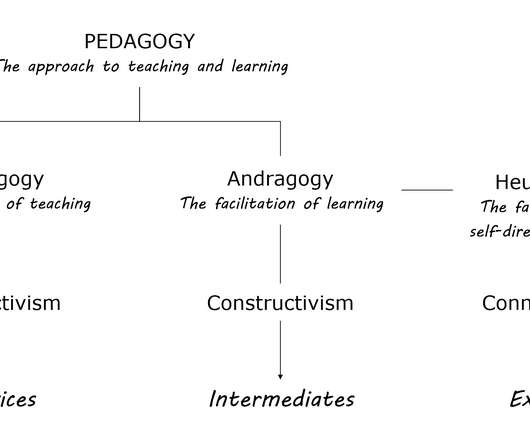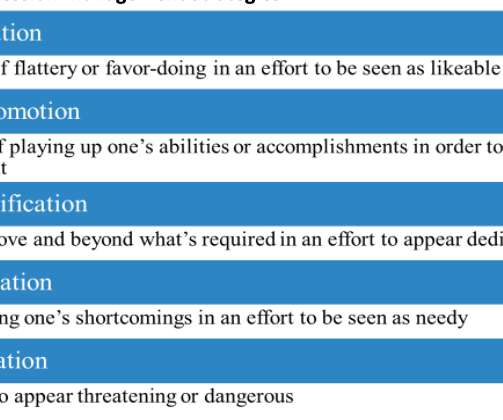Pedagogy, Andragogy, And Adult Learning Theory
eLearning Industry
FEBRUARY 13, 2022
This article covers some key differences between what some new Instructional Designers with a classroom teaching background may be used to and what is needed to effectively train adult learners. This post was first published on eLearning Industry.













































Let's personalize your content